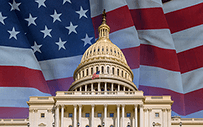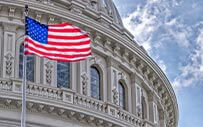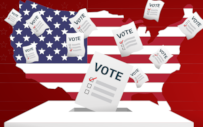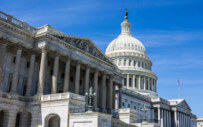
Since taking office, the Trump administration has issued dozens of executive orders, many of which affect institutions of higher education and employers. The executive orders related to diversity, equity, and inclusion (DEI); immigration; and related policy changes are the most consequential in this regard.

At the federal level, an executive order is a directive by the president as the head of the executive branch; such an order governs the actions of federal government officials and federal agencies.

The Trump administration has issued several executive orders and taken other actions that impact the work of career services and early talent recruiting professionals.

On July 1, 2024, as part of its regulations around financial aid, the U.S. Department of Education released regulations that apply to all higher education Title IV participants—including a requirement that schools offer “adequate career services.”

The latest federal updates will keep NACE members informed on how career services and recruiting are impacted by federal action, what developments can be expected, and opportunities available for them to weigh in.

The 2022 midterm elections brought many surprises. While we still don’t know all the winners and losers, we do know who the key decision-makers will be and what we expect their priorities to be related to higher education and the workforce.

The H-1B is the most common work visa in the United States. Using the H-1B category, U.S. employers are permitted to hire international workers who have at least a four-year U.S. bachelor’s degree or the foreign equivalent, if the individual will work in a position requiring the type of degree that the graduate has.

On January 1, 2020, millions of people became eligible for overtime. It is imperative that employers and employees understand the new overtime rules and requirements going forward.

Immigration attorneys review H-1B visas, changes that have impacted the H-1B program, and proposed legislation that may further impact H-1Bs.

The Office of Federal Contract Compliance Programs has started scheduling Vietnam Era Veteran Readjustment Assistance Act-focused reviews.

Beginning on March 1, the USCIS will implement a new “pre-registration” system for employers seeking to file H-1B petitions for employees.

The DOL has released new guidelines around unpaid internships, replacing the six-part test with the primary beneficiary test.

The Department of Homeland Security is amending its STEM Designated Degree Program List by adding 22 qualifying fields of study.